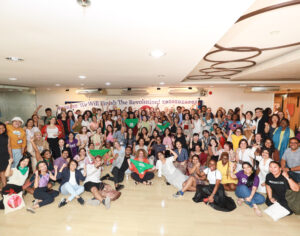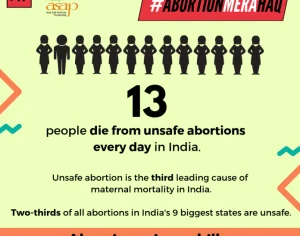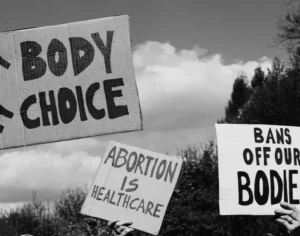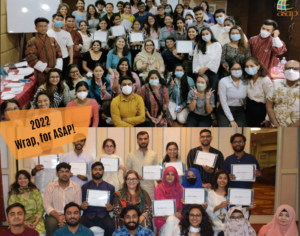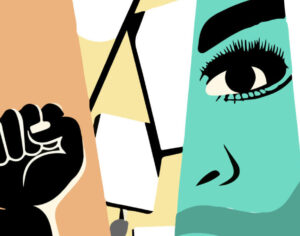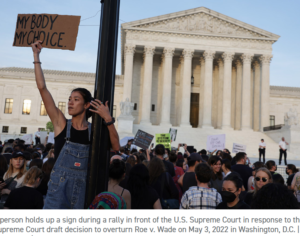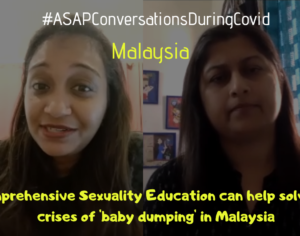Saima’s Dilemma
Naureen Lalani, ASAP Youth Champion, Pakistan.
On the occasion of International Day of the Girl Child, 2017, Naureen reflects on the need to provide access to safe abortion services so that girls grow up with the ability to make the best decisions they can for their own bodies.
Imagine that you are Saima from Pakistan.
Saima is a house wife, her husband doesn’t have a permanent job, and they can barely make ends meet. She has five children, the youngest child is a year old, and Saima has just found out that she is pregnant again. Saima already finds it difficult to take care of her children and attend to their needs. At the same time, she is unable to take care of her own health. She does not want to continue this pregnancy, and as the days pass her stress levels increase, and she is unable to perform her household chores and give her family the attention they deserve.
Saima decides to have an abortion.
It takes her 2 hours to reach to the nearest healthcare provider. After reaching to the clinic she explains the entire situation to the healthcare provider, and asks for an abortion. Instead of providing her with an abortion; the healthcare provider forces her to continue the pregnancy, and counsels her on contraception to keep this from happening again. When Saima insists that she wants to terminate the pregnancy, the healthcare provider denies her medical care, and asks her to leave the clinic.
A few days later, Saima starts to experiment with several remedies that she has overheard older women discuss during her childhood. Great! Bleeding starts! However, she starts experiencing dizziness, fever, and abdominal pain. She thinks she’s getting better, but as the days pass her condition is getting worse and she is unable to get out of bed or do any work. With great difficulty, Saima re-visits the healthcare provider and explains her condition to the provider who starts insulting and scolding her for what she has done. Later, she examines Saima, and says that she has a severe infection, and cleaning of the uterus is needed since this is incomplete abortion. She provides her with care, but during the course of procedure, the healthcare provider keeps cursing her for whatever she has done. Both Saima and her family suffer a lot due to all this. The healthcare provider could have saved Saima from all the suffering if she had provided Saima with a safe abortion when she asked for it.
Throughout the world, instances such as these are very common, and women try to terminate their unintended or unwanted pregnancies in conditions where access to safe abortion is illegal or restricted , often jeopardizing their safety and health. Each year several million women experience complications due to unsafe abortions, even though this is a preventable cause of maternal morbidity and mortality.
Abortion is legal in Pakistan under many conditions. In 2002, Pakistani women experienced about 2.4 million unintended pregnancies; nearly 900,000 of these pregnancies were terminated by induced abortion. [1]
Doctors in every country should provide the full range of care that they can and not stand in moral judgement or take decisions on behalf of women.
Read more about it in this comic book.

